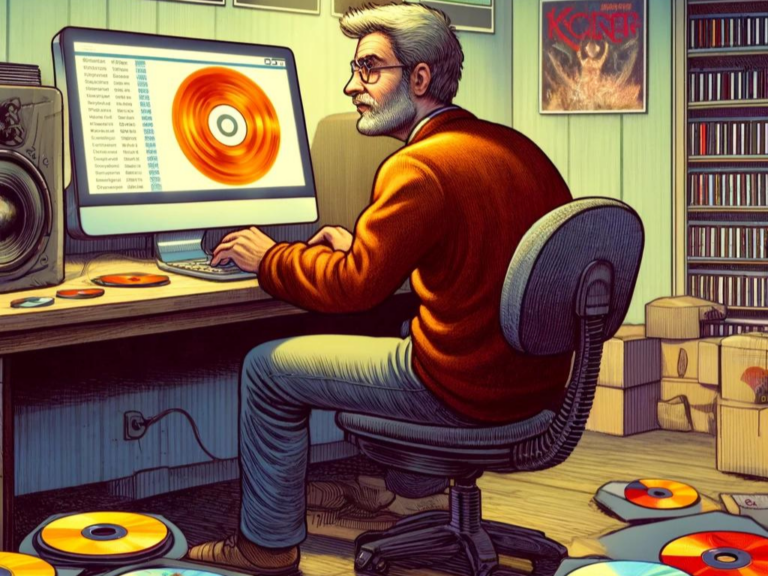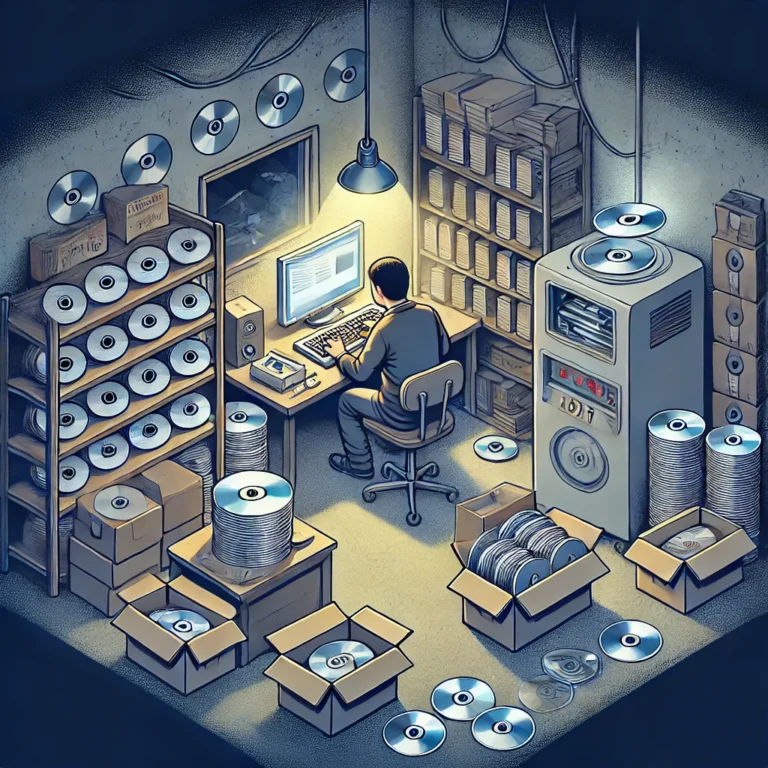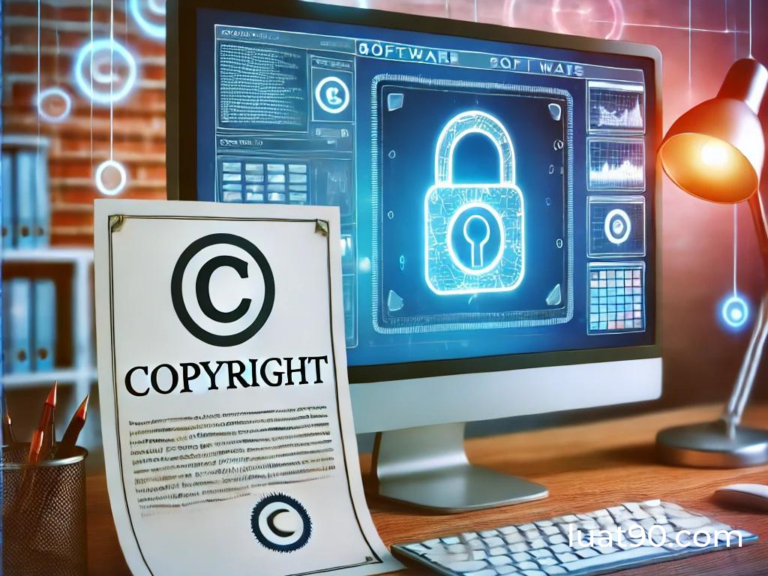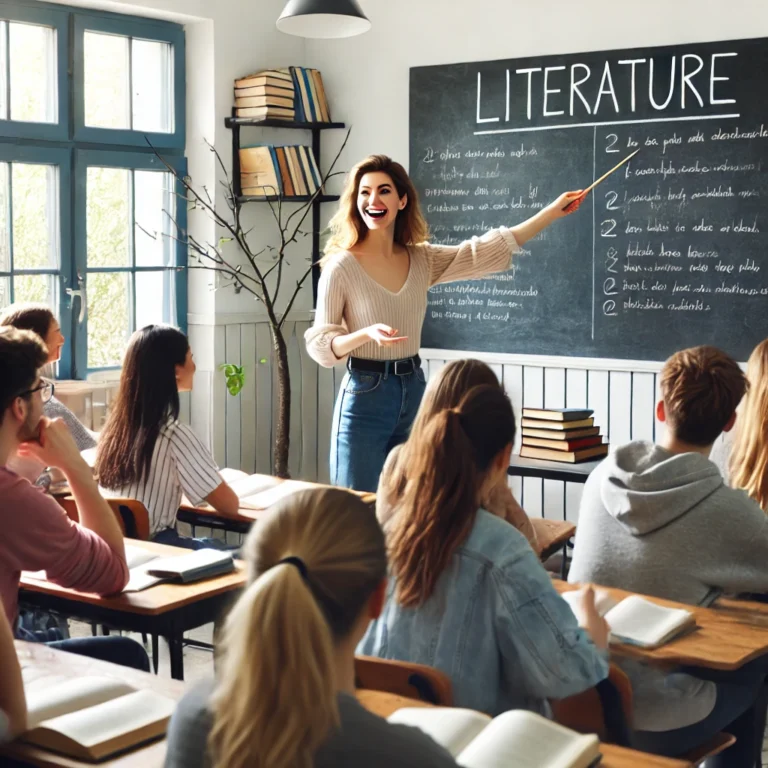Call us now:
Compensatory damages based on copyright infringement in Vietnam. In Vietnam, the protection of intellectual property rights, particularly copyright, plays a crucial role in fostering creativity and innovation. However, when copyright infringement occurs, it not only undermines the rights of creators but also disrupts the economic and cultural benefits tied to these works. Compensatory damages, as a legal remedy, serve to restore the harm caused by such infringements. This approach seeks to ensure that authors and copyright holders receive fair compensation for the unauthorized use or reproduction of their works. The Vietnamese legal framework provides specific guidelines on how compensatory damages should be assessed and awarded, offering a balance between deterring infringement and ensuring fairness for both creators and violators.
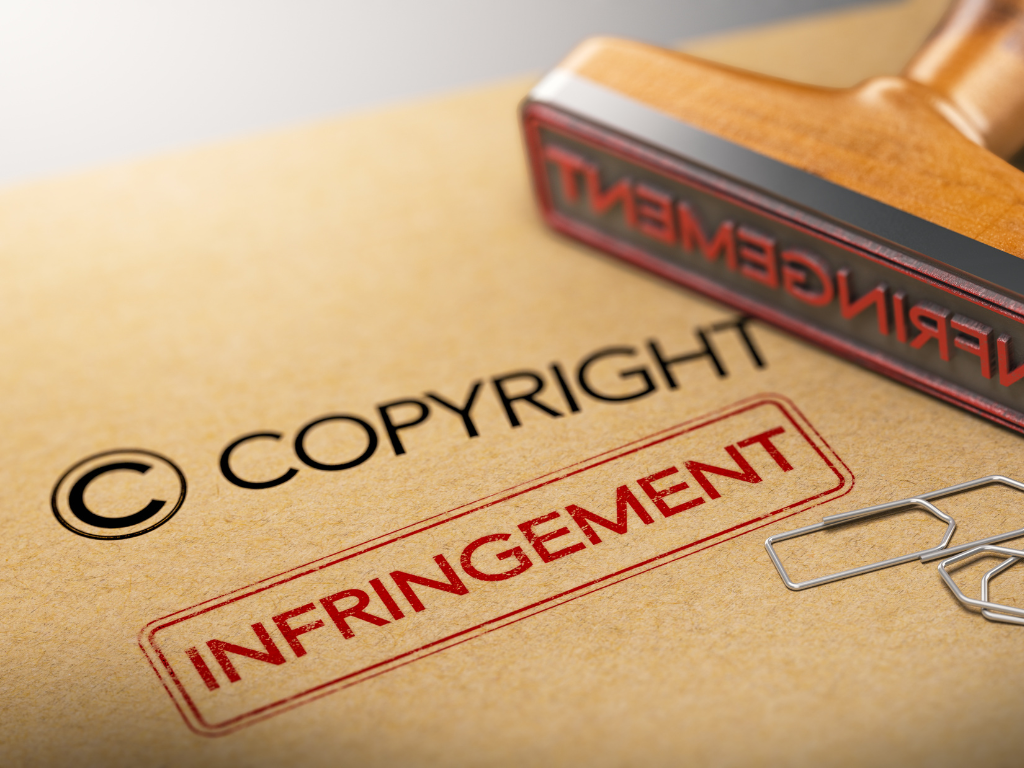
Principles for determining compensatory damages based on copyright infringement in Vietnam
The basis for determining damages for copyright infringement and related rights involves evaluating the actual material and moral losses suffered by copyright holders when their rights are infringed. According to Article 204 of the Intellectual Property Law, damages are considered real if the following factors are met:
- Actual material or moral benefits belonging to the injured party: This means that the benefit arises from the copyright or related rights, and the injured party is the legitimate recipient of those benefits.
- The injured party would have achieved these benefits in the absence of the infringement: The injured party must have been able to achieve material or moral benefits under normal conditions if the infringement had not occurred.
- A reduction or loss of benefits, with the infringement as the direct cause: When rights are infringed, the benefits the injured party would have received have diminished or been lost, and it must be proven that the infringement was the direct cause of this reduction or loss of benefits.
The extent of damages will be determined based on specific evidence of harm provided by the parties, including expert assessments and damage declarations, to clarify the basis and calculate the level of damages. This process ensures the legitimate interests of the injured party are protected and serves as a deterrent to future copyright infringements.
Property Damage
Property damage due to copyright and related rights infringement is determined based on the degree of depreciation or loss in value of the copyrighted object or related rights that can be converted into monetary terms. This value is calculated based on one or more of the following criteria:
- Transfer or licensing price: This is the price at which ownership or the right to use the copyrighted object or related rights could be sold or transferred in the market.
- Business capital contribution value: Copyright or related rights may be used as assets in a business, and its value will be based on the contribution to the business capital.
- Value within the total assets of a business: In a business, copyright or related rights may be considered part of the valuable assets, contributing to the total value of the business.
- Investment value to create the work: This includes costs for research, creation, and development of the work, such as investment costs, research, equipment, advertising, labor, and related taxes.
The determination of the monetary value of copyright or related rights is carried out by certified appraisal firms in compliance with legal regulations on valuation. The appraisal results will serve as the basis for competent authorities to assess and decide the value of damages to the infringed property, ensuring fairness and objectivity in damage compensation.
Loss of Income and Profits
The loss of income and profits due to copyright and related rights infringement can cause serious harm to the rights holders, including income and profits derived from exploiting or transferring these rights. These income and profit sources include:
- Income and profits from direct and indirect exploitation and use: This refers to income from the use of copyrighted objects or related rights, such as sound recordings, videos, or broadcasts.
- Income and profits from renting original works or copies: Films or computer programs can be rented, generating direct income for the copyright holders and related rights holders.
- Income and profits from transferring the right to use: Copyrighted objects and related rights can also be transferred for use, generating legal profit through licensing.
- Income and profits from transferring ownership rights: The transfer of ownership of copyrighted objects or related rights also provides significant revenue for the rights holders.
The extent of the loss of income and profits is determined based on factors such as:
- Impact on normal exploitation of the work: A comparison of the number of copies sold or the level of exploitation of the work before and after the infringement, such as broadcast frequency or audience size.
- Effect on market price: A comparison of the price of copies before and after the infringement to assess the reduction in the market value of the work.
- Unreasonable harm to legitimate interests: A direct comparison of revenue before and after the infringement shows the negative impact on the legal income of the rights holder.
Determining and proving the extent of this loss is the basis for requesting compensation, ensuring the rights holder’s interests are protected and preventing similar infringements in the future.
Loss of Business Opportunities
The loss of business opportunities due to copyright and related rights infringement is the damage in terms of value that the injured party could have earned if the infringement had not occurred. Business opportunities include the potential to generate profits and increase brand value through the exploitation of copyrighted works and related rights in various business forms, specifically:
- Direct exploitation of copyrighted works in business: This refers to the ability to generate profits and increase brand value by directly using copyrighted works in business activities, such as increasing customer numbers through the use of copyrighted works.
- Profit from advertising and marketing using copyrighted works: Using copyrighted works in advertising and marketing campaigns can enhance brand image and attract potential customers.
- Profit from renting originals or copies: Works such as films, computer programs, or sound and video recordings can be rented out, thereby generating income and adding value to the brand.
- Profit from transferring usage rights or ownership: Licensing or transferring copyright to others not only brings income but also increases brand value through expanded usage.
- Other lost business opportunities: Any legitimate business opportunity that could generate income and brand value, but is directly affected by the infringement, is considered a loss.
This loss of business opportunities represents the monetary value of the income the injured party could have earned if these business opportunities had not been disrupted by the infringement. This forms the legal basis for claiming compensation to protect the legitimate interests of the copyright holders and deter further infringements.
Reasonable Costs to Prevent and Remedy Damages
Reasonable costs to prevent and remedy damages in cases of copyright and related rights infringement are expenses that the copyright holder must incur to protect their legal rights, minimize losses, and restore their reputation after an infringement. These costs include:
- Costs of holding and storing infringing goods: When infringing goods are discovered, the copyright holder may need to temporarily hold, store, or warehouse the goods to prevent their continued circulation.
- Costs of implementing emergency measures: These are costs associated with taking necessary and urgent actions to immediately stop ongoing infringement, aiming to minimize the negative impact on the rights and interests of the copyright holder.
- Legal fees: The copyright holder may need professional legal support to pursue legal actions against the infringement, making legal fees necessary and reasonable.
- Costs of hiring expert services: Expert services may be required to assess the extent of the infringement and damages. Therefore, the cost of hiring these services is considered reasonable.
- Costs of public notification and correction: In some cases, notifying or correcting public information through media channels may be necessary to restore the copyright holder’s reputation and credibility after the infringement.
These costs are considered reasonable and necessary to help the copyright holder prevent and minimize damages, restore their rights and reputation, and deter similar infringements in the future.
Mental Damages
Mental damages from copyright and related rights infringement are intangible losses that the author, performer, or rights holder suffers when their rights are violated. These damages not only affect their honor and dignity but also harm their reputation, trust, and credibility, leading to misunderstandings and a loss of public confidence.
Specifically, mental damages include:
- Damage to Honor and Dignity: Copyright infringement can make the author or rights holder feel that their honor and dignity have been harmed, especially when their work is used without permission or distorted, causing public misunderstanding.
- Loss of Reputation and Prestige: When a work is infringed, the rights holder may suffer a loss of prestige in the eyes of the public or business partners, negatively impacting the trust they have built.
- Emotional Distress and Loss: Witnessing their cherished work being infringed causes deep sorrow and distress for the author or performer, who has invested emotional and creative effort into their work.
- Duration of Suffering: These emotional harms may last, affecting not only the mental well-being but also the personal life of the copyright holder, forcing them to spend time and energy dealing with the aftermath.
When the mental damage is severe, the infringing individual or organization may be required to publicly apologize, correct the issue, and compensate for the mental suffering, ensuring that the dignity and reputation of the injured party are fully and fairly restored.
Facing copyright infringement issues? Let us protect your work! At DCNH Law LLC, we offer professional legal services, committed to safeguarding your rights in any infringement situation. With a team of experienced lawyers well-versed in intellectual property law, we will assist you in gathering evidence, evaluating damages, and taking legal action to seek justice and fair compensation. Don’t let your hard work be violated—contact us now for advice and support!
Contact Us Now:
DCNH LAW
Address: 38B Tran Nhat Duat, Phuoc Hoa ward, Nha Trang city, Khanh Hoa province, Vietnam.
Phone: (+84) 343320223 – 974278893
Email: dcnh.law@gmail.com

